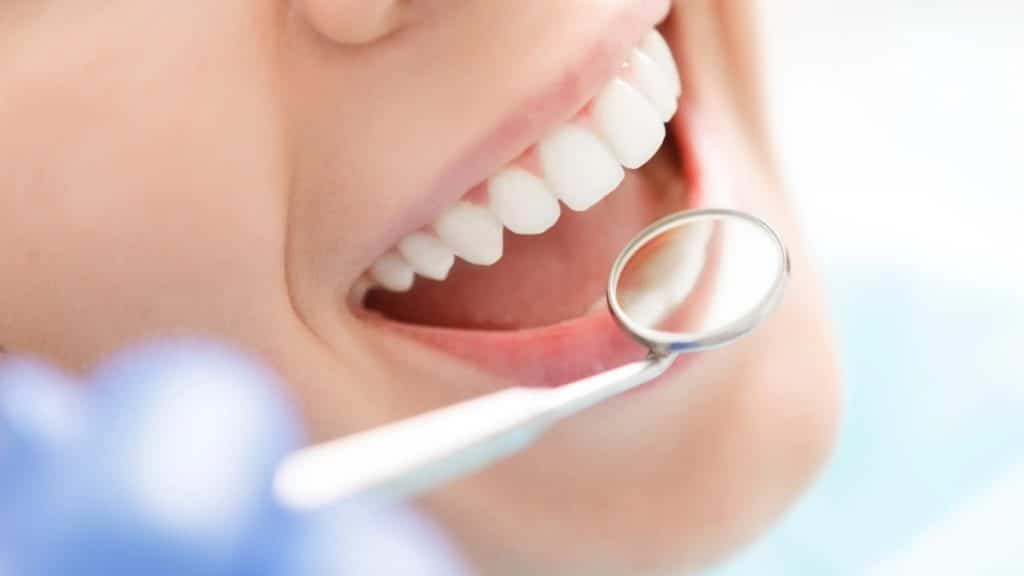Oral health involves more than just maintaining a bright smile. It plays a major role in wellbeing, as it influences everything from physical to mental health. Understanding the connection between oral health and wellness can motivate you to take better care of your mouth. This guide explores how oral health affects the body and mind and offers practical tips for maintaining a healthy mouth.
The mouth-body connection
Your mouth’s health can impact the rest of the body. Oral health issues are linked to the following systemic conditions, emphasizing the importance of good dental hygiene.
1. Heart disease
Studies have shown that gum disease (periodontitis) increases the risk of heart disease. Inflammation and bacteria due to gum disease can infect the bloodstream, contributing to the formation of arterial plaque and heart complications.
2. Diabetes
Poor oral health makes it difficult to manage blood sugar levels, while diabetes increases the risk of gum disease.
3. Respiratory infections
Mouth’s bacteria be inhaled into the lungs, leading to pneumonia. The risk is exceptionally high for individuals with weakened immune systems or preexisting respiratory conditions.
Oral health and mental wellbeing
Your oral health’s state can influence your mental and emotional wellbeing in the following ways.
1. Self-esteem
People with healthy oral state are likelier to feel confident about their appearance. Confidence can positively impact social interactions and career opportunities.
2. Mental health
Poor oral health can cause chronic pain, which affects mental health. Conditions like tooth loss or severe gum disease can cause discomfort and distress, contributing to anxiety and depression.
Daily oral care tips
Maintaining good oral hygiene is more than about brushing your teeth. Here’s a comprehensive routine essential for keeping your mouth healthy.
1. Brushing
Brush your teeth twice in a day with a fluoride-based toothpaste. Use a soft-bristled toothbrush and brush for two minutes each time, ensuring you cover all tooth surfaces.
2. Flossing
Floss daily as it helps remove leftover food particles and plaque from areas around the teeth.
3. Mouthwash
Antibacterial mouthwashes help reduce bacteria in the mouth and freshen your breath. Mouthwash reaches areas that your brush and floss might miss.
Preventing common dental issues
Preventing dental problems is less costly than treating them. Here are some tips to keep common issues at bay.
1. Cavities
Brush and floss regularly, reduce sugary snacks, and use fluoride toothpaste to prevent cavities.
2. Gum disease
Maintain good oral hygiene, get regular dental check-ups, and avoid smoking to prevent gum disease.
3. Tooth sensitivity
Use toothpaste for sensitive teeth and ensure proper oral hygiene to manage tooth sensitivity.
Advanced dental care options
For those seeking to enhance their smile or address specific dental issues, here are some advanced dental care options available.
1. Cosmetic dentistry
Teeth whitening and bonding can help improve the teeth appearance and boost your confidence.
2. Orthodontics
Braces and clear aligners like Invisalign can correct misaligned teeth and bite issues, improving aesthetics and function.
3. Restorative dentistry
Crowns, bridges, and dental implants can restore damaged or missing teeth, improving oral health and functionality.
Finding a dentist
Finding a reliable dental professional is essential whether you’re new to an area or looking for a change. If you’re looking for a trusted dentist in Peterborough, ensure they offer comprehensive care tailored to your needs.
Bottom line
Maintaining optimal oral health is essential for your wellbeing. Understanding the mouth-body connection and practicing good daily oral care will help ensure a healthy, confident smile. Prioritize your oral health today and consider visiting a trusted dental professional to ensure healthy teeth and gums.
